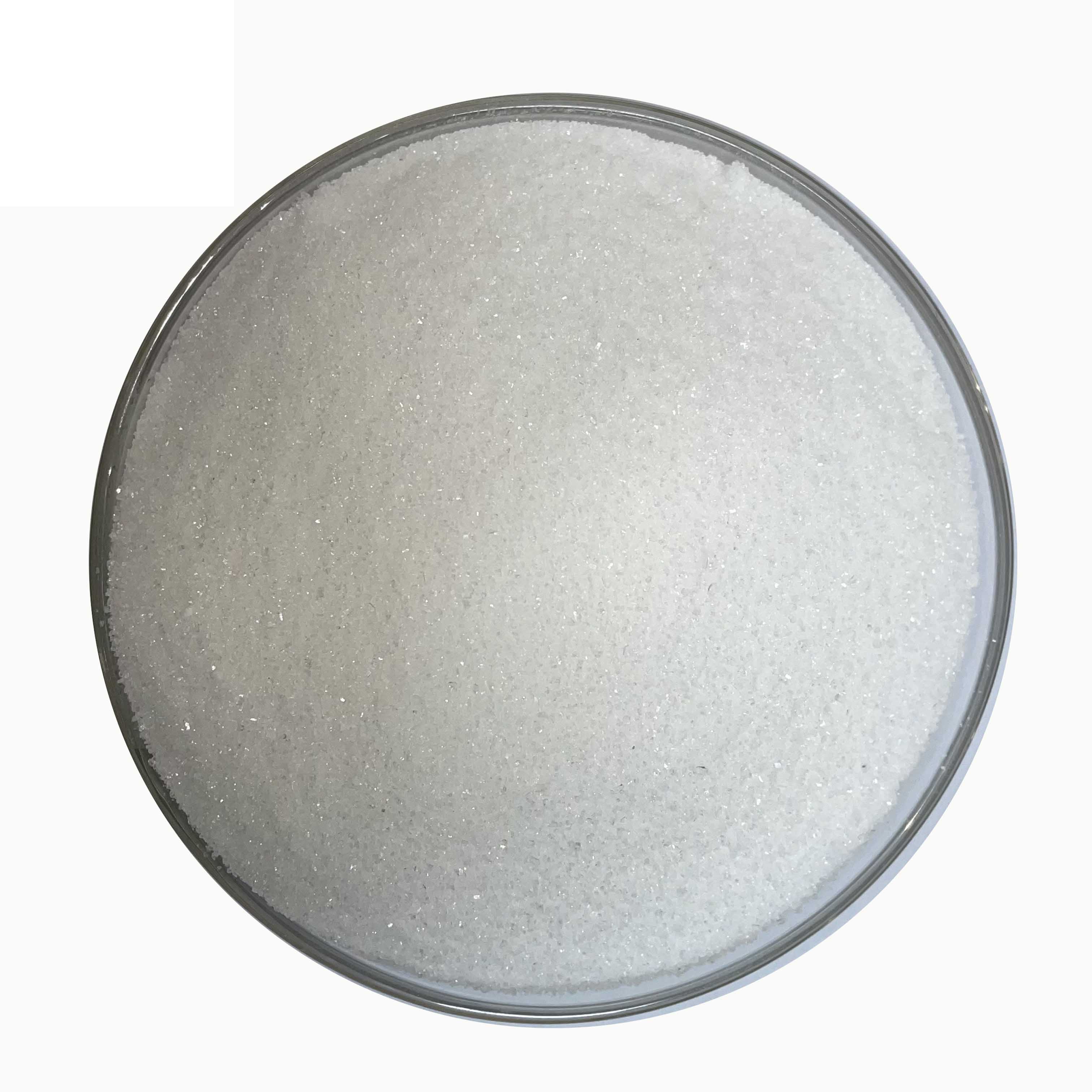
Oct . 09, 2024 07:52 Back to list
5-0-20 fertilizer suppliers
Understanding 5-0-20 Fertilizer and Its Suppliers
Fertilizers play a crucial role in modern agriculture, helping to enhance crop yields and ensure food security worldwide. Among the various types of fertilizers available on the market, the 5-0-20 formulation stands out due to its specific nutrient composition, which makes it particularly suitable for certain soil types and plant growth stages. In this article, we will explore the significance of 5-0-20 fertilizers, their primary components, and how to select reliable suppliers.
What Does 5-0-20 Mean?
The numbers in a fertilizer's label represent the N-P-K ratio, indicating the percentage of three key nutrients
1. Nitrogen (N) Essential for vegetative growth, nitrogen is responsible for leaf development and overall plant vigor. In a 5-0-20 fertilizer, nitrogen constitutes 5% of the formulation. 2. Phosphorus (P) Phosphorus is vital for root development, flowering, and fruiting. The zero in the 5-0-20 ratio indicates that this fertilizer contains no phosphorus, making it suitable for crops that do not require high levels of this nutrient.
3. Potassium (K) Potassium is crucial for various physiological processes, including water regulation and disease resistance. With 20% potassium, this fertilizer provides an abundant supply of this key nutrient, which is essential for strong flowering and fruiting.
Given this composition, 5-0-20 fertilizers are often used in situations where phosphorus is abundant in the soil, so additional phosphorus is unnecessary. This formulation is commonly recommended for crops such as tomatoes, peppers, and other flowering plants that thrive on high potassium levels.
Benefits of Using 5-0-20 Fertilizer
1. Targeted Nutrient Supply The high potassium content supports the overall health and resilience of plants, improving their resistance to stress, promoting better fruit quality, and enhancing flavor.
2. Reduction of Soil Imbalance By avoiding the addition of phosphorus, which can be detrimental in soils already high in this nutrient, the 5-0-20 formulation helps maintain a balanced nutrient environment.
5-0-20 fertilizer suppliers

3. Enhanced Bloom and Yield The application of this fertilizer type often leads to increased flowering and fruit set, resulting in greater yields, particularly in crops prone to blossom drop.
How to Choose Reliable Suppliers
When selecting suppliers for 5-0-20 fertilizers, several factors should be considered to ensure quality and effectiveness
1. Reputation and Experience Research suppliers’ reputations in the agricultural community. Experienced suppliers are more likely to provide consistent product quality and reliable customer service.
2. Product Quality Assurance Ensure that the supplier provides detailed product specifications and certifications. This includes guarantees on the nutrient content and safety of their fertilizers.
3. Customer Reviews Check online reviews and testimonials from other farmers or horticulturists who have used the supplier’s products. Positive feedback regarding the effectiveness and reliability of the fertilizer can be a good indicator of quality.
4. Local Availability Consider sourcing fertilizers from local suppliers to reduce shipping costs and ensure fresher products. Local suppliers may also have better knowledge of regional soil conditions, allowing them to offer tailored advice.
5. Technical Support Good suppliers often provide additional resources, such as soil testing services, application guidelines, and expert advice on optimizing fertilizer use. This can greatly enhance crop productivity.
Conclusion
In summary, 5-0-20 fertilizers represent a specialized nutrient solution for crops that benefit from high potassium levels while also minimizing phosphorus introduction in phosphorus-rich soils. Understanding the applications and advantages of this fertilizer can empower farmers and gardeners to make informed decisions that enhance their crop yields and soil health. When seeking suppliers for 5-0-20 fertilizers, prioritize those with strong reputations, proven track records, and comprehensive support services to ensure successful agricultural outcomes. With the right products and knowledge, growers can thrive in their endeavors and contribute significantly to sustainable agriculture.
-
Premium Organic Manure Compost for Eco Gardens
NewsAug.01,2025
-
Organic 10-10-10 Fertilizer | Balanced Plant Nutrients
NewsJul.31,2025
-
Premium Amino Acid Fertilizer | Rapid Plant Growth Booster
NewsJul.31,2025
-
10 10 10 Fertilizer Organic—Balanced NPK for All Plants
NewsJul.30,2025
-
Premium 10 10 10 Fertilizer Organic for Balanced Plant Growth
NewsJul.29,2025
-
Premium 10 10 10 Fertilizer Organic for Balanced Plant Growth
NewsJul.29,2025
